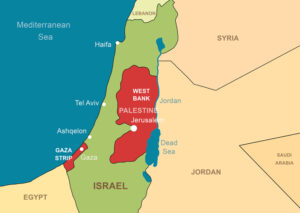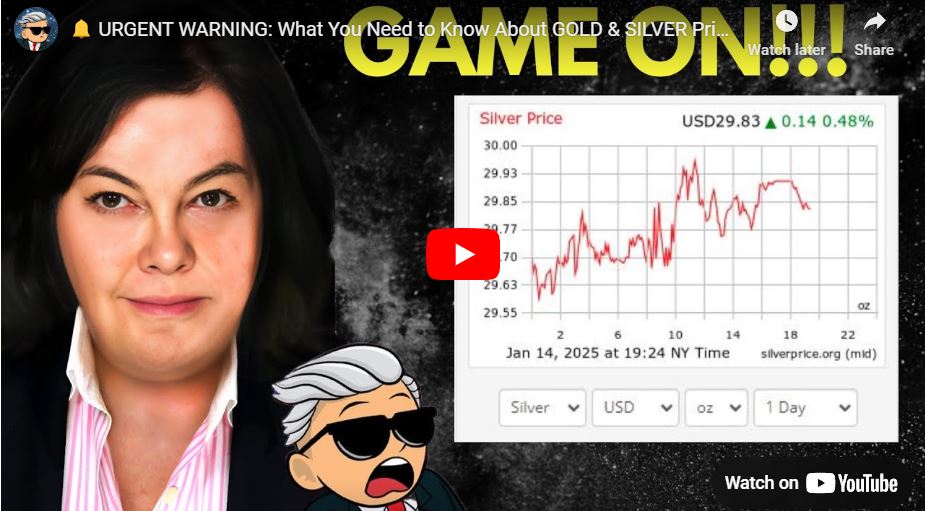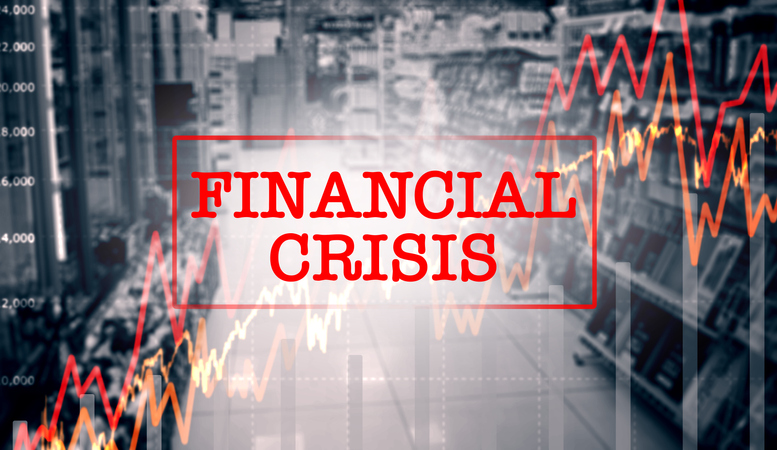
Wider War in Middle East Could Tip The World Economy into Recession
The comments below are an edited and abridged synopsis of an article by Ziad Daoud, Galit Altstein, and Bhargavi Sakthivel
Like Middle East wars of the past, the conflict between Israel and Hamas has the potential to disrupt the world economy—and even tip it into recession if more countries are drawn in.

That risk is real. The death toll in Gaza is already in the thousands. There’s concern that militias in Lebanon and Syria will join the fighting.
An escalation could bring Israel into conflict with Iran, a supplier of arms and money to Hamas, which the US and the EU have designated a terrorist group. In that scenario, oil could soar to $150 a barrel and global growth drop to 1.7% — a recession that takes about $1 trillion off world output.
Conflict in the Middle East means trouble for the world because the region is a crucial supplier of energy and a key shipping passageway.
Today’s world economy looks vulnerable. It’s still recovering from inflation exacerbated by Russia’s invasion of Ukraine last year. Another war in an energy-producing region could rekindle inflation. Broader consequences could extend from renewed unrest in the Arab world to next year’s presidential election in the US, where gas prices are key to voter sentiment.
These potential effects depend on how the war develops over the coming weeks/months. Bloomberg Economics has examined the likely effect on global growth and inflation under three scenarios: A confined war, a proxy war, or a direct war. The authors conclude:
“One thing that is certain: Hopes for a more stable Middle East are in tatters. In recent years, rapprochement between Saudi Arabia and Iran, and peace treaties between Israel and several Arab states—with the prospect that the Saudis might follow suit soon—raised expectations that the region might see an end to decades of strife.”
“Instead it’s facing a new conflagration. Russia’s invasion of Ukraine, the US–China trade war and rising tensions over Taiwan show that geopolitics is back as a driver of economic and market outcomes. In the Middle East, it never really went away.”



